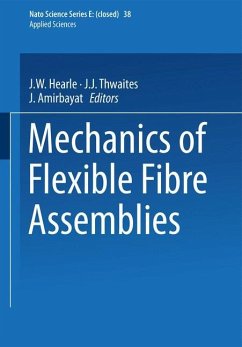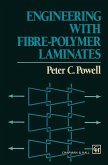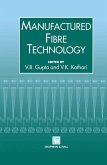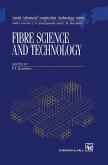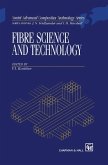Continued and systematic analysis of the mechanics of flexible fibre assemblies dates from about 1945, although the growth of research into textiles after 1920 had included studies of fabric structure and the measurement of mechanical properties. The subject is thus a young one, although this NATO Advanced Study Institute is a sign of developing maturity. However there is an earlier tradition. Relevant, even if somewhat loosely connected, quotations can be found in the works of the engineers of the ancient civilisations, recurring during the llenaissance with Leonardo da Vinci and Galileo. But the glorious libk is with Euler and the Bernoulli family, with their theories of the mechanics of flexible slender rods. While mathematicians have admired the beauty of this work, the invention of elliptic integrals, and the grace of the different classes of planar elastica, it is in the technology of textile materials, composed of flexible fibres and yarns, that the subject has found its more direct application. All this, and much more such as Max Born's doctoral thesis, was brought to our attention in a delightful discourse by Milos Konopasek, who is not only fascinated by the mathematics of Euler and the modern movement of the solutions of bending curves from two dimensions into three by the use of the computer, but also feels a personal link through having lived and studied within sight of the scene of Euler's triumphs in St. Petersburg.
Hinweis: Dieser Artikel kann nur an eine deutsche Lieferadresse ausgeliefert werden.
Hinweis: Dieser Artikel kann nur an eine deutsche Lieferadresse ausgeliefert werden.

